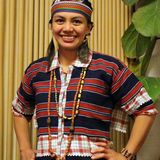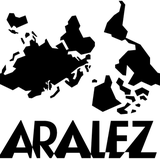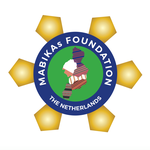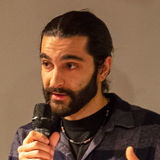More than 500 years of colonialism has made Indigenous knowledge systems and cosmovision invisible and has made it, as something from ‘the past’. During this programme we will ask ourselves, to what extent is indigenous knowledge relevant for our contemporary society? How can we translate these knowledge systems into sound arguments that could help us address pressing questions related to technology, law, politics and social relations in today’s highly data-driven society? What is radical Indigenism and what can we learn from it? Next, we will look at important ethical challenges to these processes when we talk about exchange of knowledge; how do we prevent it from becoming a form of appropriation? Is it possible or should we even try to combine a ‘modern’ and capitalist society with Indigenous values? Join us for an interactive conversation with the audience about these questions after a keynote presentation by Myra Colis on ‘Imagining an Indigenous Future in the Fourth Industrial Revolution.’
About the speakers
Myra Colis is an advocate of indigenous peoples (IP) empowerment and cultural preservation through documentation and knowledge transfer. Being an indigenous person herself with legal background in technology law living in a developed country, she finds herself in between two worlds — one that is heading towards a highly tech-driven, modernised society and the other towards a highly sustainable society powered by indigenous knowledge systems. Myra is the Founding Chairperson of MABIKAs Foundation NL, also a partner of today’s manifestation. In her words, founding MABIKAs is a great joy and privilege because it enables her and fellow IPs from Philippine Cordillera region to re-live their indigenous selves, sharing common values and practices that keep reminding them of their roots even when living abroad. Unfortunately, many Indigenous peoples in the Philippines have been political prisoners, criminalised or otherwise persecuted or even worse murdered when they resist the forceful displacement of corporations. It is for this reason that she and MABIKAs support solidarity campaigns for justice and peace in the Philippines, including the recognition of indigenous peoples (IP) rights.
About Indigenous Liberation
Currently, Indigenous rights and self-determination rights are being violated worldwide. Colonial capitalism ensures further marginalisation of Indigenous peoples and privatisation of land, resources and raw materials. The result is a global climate and environmental catastrophe. That is why it is important that Indigenous voices are heard. Not only for the self-determination and human rights aspect but also because it is important that we learn from their knowledge, spirituality and culture. Knowledge that is necessary for the decolonisation process, the restoration of our relationship with mother earth and the regeneration process of nature.
Indigenous Liberation does a yearly mobilisation surrounding October 12th, the day Columbus invaded Abya Yala. We do this together with a coalition of Indigenous diaspora and solidarity organizations and an event at Pakhuis de Zwijger








